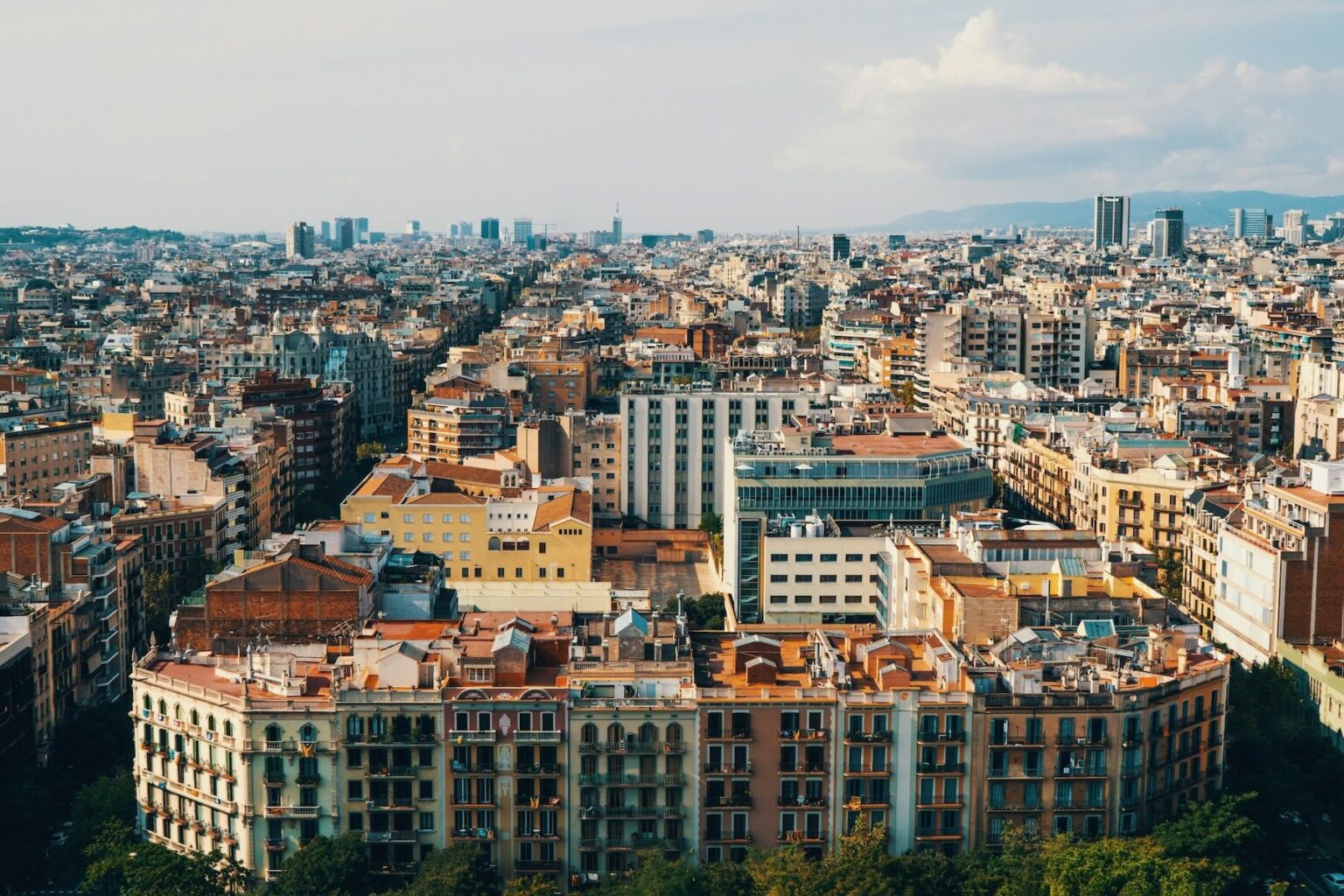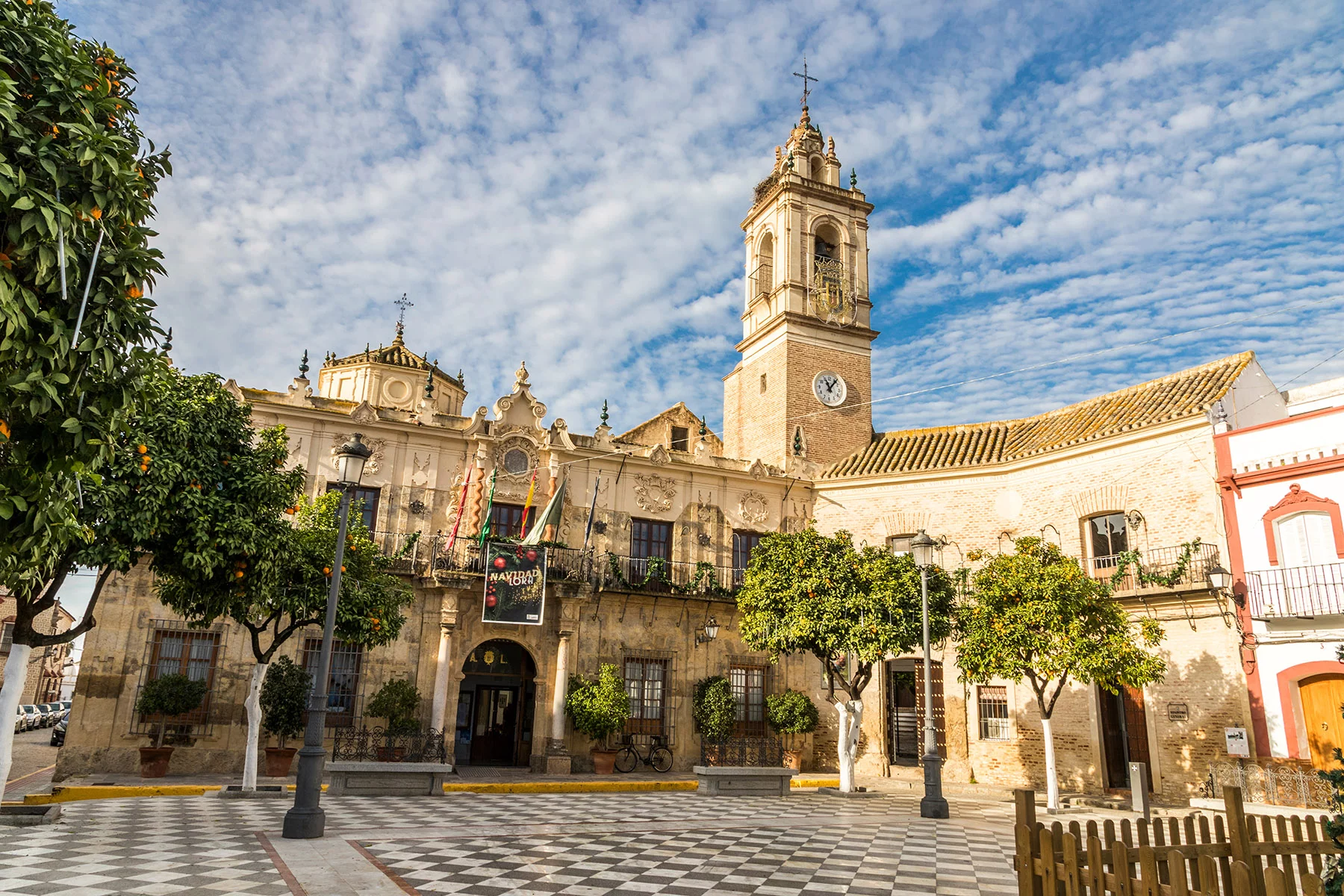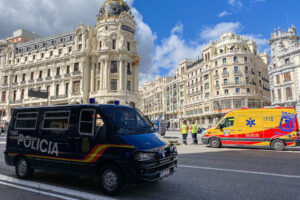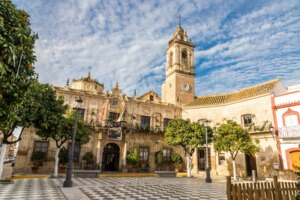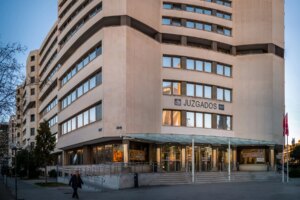El Padrón records the official addresses of all residents of Spain to carry out specific civil procedures. Alongside getting an NIE number, registering on el padrón is one of the vital administration tasks expats should carry out shortly after arriving in Spain. After all, el padrón is mandatory, and there are many things you can’t do without it, like getting a driver’s license or registering for healthcare.
Read on for more about the following topics:
Gestoraz
Gestoraz is a one-stop online solution for all your Spanish residency services. They assist with applications for NIE numbers, autónomo registration, residence applications, and much more. Choose your package today then let Gestoraz guide you through the process and leave you with a big smile on your face.
What is el padrón?
El padrón – full title El Padrón Municipal de Habitantes – is the local register of residents kept by city and town halls (Ayuntamiento) in Spain. This register helps the various municipalities keep track of who is living in the area and gives a breakdown of the different groups living there.

Registering with the padrón system is a crucial step if you plan to move to Spain and live there long-term. This not only ensures that you are a recognized resident but also entitles you to a certificate of residence. It’s important to note that if you have multiple properties or addresses in Spain, you can only register with one padrón system.
The following information is kept in the padrón:
- Full name
- Sex
- Full address
- Nationality
- Place and date of birth
- Spanish ID number (or NIE for foreign residents)
- Educational qualifications
You can also give additional information on a voluntary basis, such as telephone number or driving license details.
For expats establishing residency in Spain, managing international finances is a crucial step. Wise Multi-Currency Account allows you to hold and exchange 40+ currencies with transparent fees and the mid-market exchange rate, making it easier to handle finances in multiple currencies while living abroad.

The purpose of el padrón
The main purpose of the padrón in Spain is the national census. Each municipal authority sends through details of the register to the Spanish National Institute of Statistics (Instituto Nacional de Estadística – INE) so that it can produce accurate population figures. Through the census, authorities calculate how many public services each area needs and determine the funding levels and types of services required.
In addition to this, the padrón is used for voting in local, region, national, and European elections. If you are not registered on the padrón, you won’t be able to vote in Spain.
Once you register with your local padrón, you should receive a registration certificate (certificado de empadronamiento). You can use this as official proof of address for a range of purposes, including:
- Enrolling children in school
- Getting married
- Registering for social security
- Taking out health insurance and registering for healthcare
- Buying property
- Getting your Spanish driving license
You will also need to show proof of padrón registration to become an official resident of Spain.
Many of these important life steps require transferring money internationally or setting up local payment methods. With Wise, you can get Euro account details before you’ve fully completed your Spanish banking setup, allowing you to moving your funds and make payments while navigating the residency process.
This can be particularly helpful when paying for housing deposits or setting up utilities, which often serve as proof of address for your padrón registration.
Moving often involves transferring rental deposits, setting up new utilities, and managing various relocation expenses. Wise debit card allows you to make payments and withdraw cash in euros without high fees typically charged by other providers for international transactions.
For those maintaining financial ties to their home country, Wise also makes it easy to continue receiving income in foreign currencies while living in Spain.

Who needs a padrón registration?
Anyone living in Spain for over six months, whether national or expat, must register on the padrón. You should do this within three months of arriving in Spain. Many expats do this as soon as they get their Spanish ID card.
Residents should remain on the register for as long as they live in Spain for at least six months of the year, that is, as long as they are tax residents. You can register on the padrón as an individual or as a family.
It is a crime in Spain to knowingly submit false information to the padrón. Your local authority can issue you with a fine in these instances.
How to register on el padrón
You must register through your local city or town hall (ayuntamiento) in Spain. The exact registration process varies across the many different Spanish municipal administrations. Therefore, it is a good idea to check ahead for the requirements before registering. Search for details of your local municipal hall on the Spanish government website.
Some bigger cities, such as Madrid or Barcelona, now allow you to register online. However, you will need to submit scanned copies of any documentation. Otherwise, you can visit the town hall in person.
It is also possible to register by phone, although you will need to either post or deliver any required documents. If you prefer to register in person, some town halls require you to make an appointment first. You can usually do this by calling the town hall or booking online through their website.
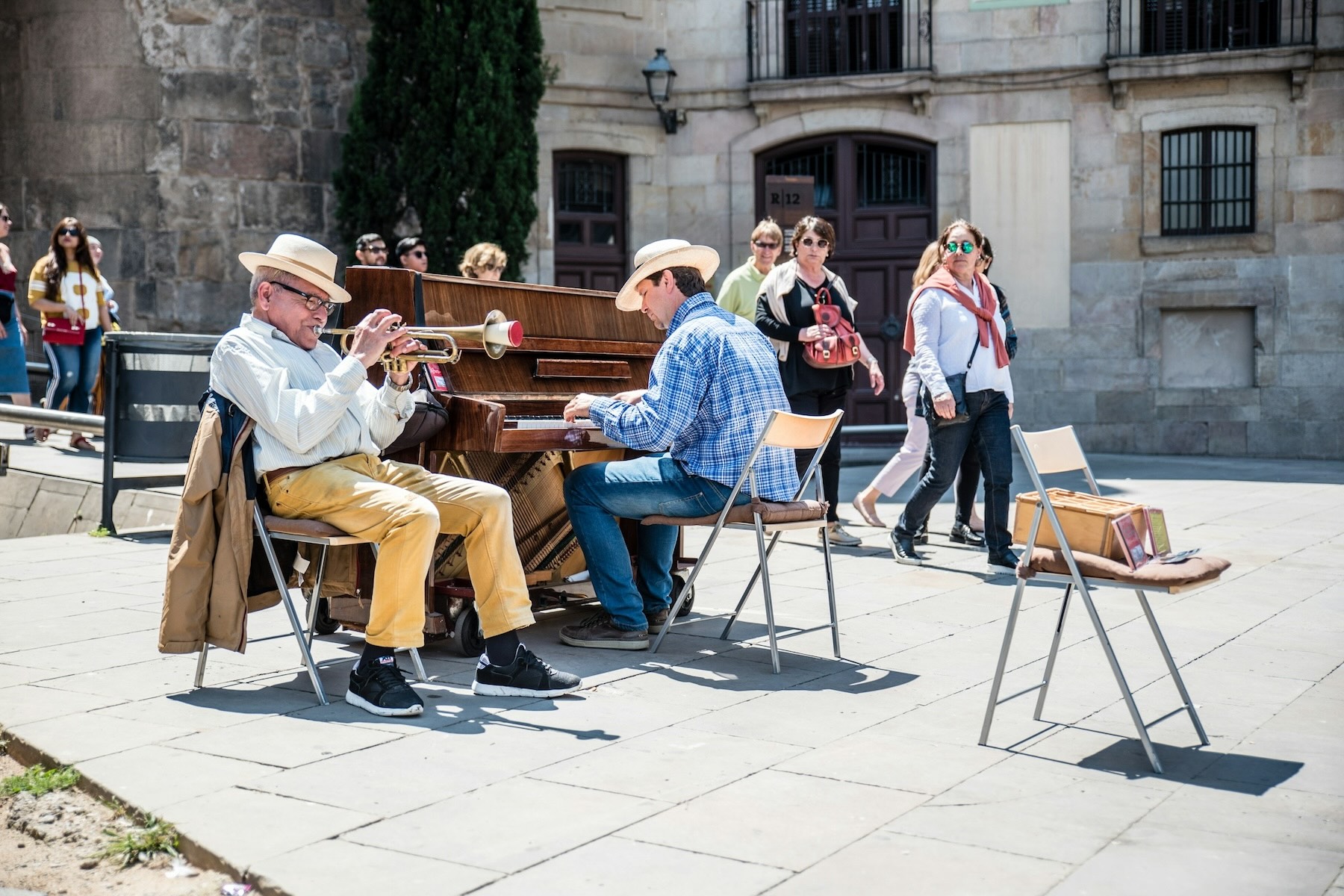
If you are registering as a family, all members, including children, must be present for the appointment at the town hall. If you don’t speak Spanish, you may also want to consider taking a translator.
Many municipalities now grant the registration certificate (Certificado de Empadronamiento) straightaway. Otherwise, you’ll receive it within a few days. There is no fee for registering on the padrón. However, some town halls may charge a small amount (usually no more than around €3) for administration costs, for example, photocopying or scanning documents.
If you’d like assistance registering with el padrón, getting your NIE, or any other expat registration tasks in Spain, you can reach out to a resident services company like Gestoraz.
Documents needed to register
Most municipalities require the same list of documents to register with the padrón, but be sure to check beforehand just in case. You must bring originals or clear photocopies, with documentation translated into Spanish. If applying online, you should scan the original documents.
The following documentation is usually needed:
- Official photo ID, for example, a passport, for every entrant onto the register
- Proof of address in the form of a property deed or rental contract; some municipalities may accept recent a utility bill or bank statement as an alternative
- Your Spanish ID number, which is usually the NIE or TIE number for foreign residents
You might need additional documentation such as marriage or birth certificates if registering family members or proof of educational qualifications.
Renewing your padrón certificate
Your certificado de empadronamiento is valid for three months from the issue date. Therefore, once it has expired, you will need to get a new certificate if you need to present one for any official purpose. You can visit your town hall with your existing certificate and ask for an updated one free of charge.
Some municipalities allow you to print updated certificates online.
Although you may need to renew your certificate if needed, you don’t need to renew your padrón registration if you are a European Union (EU) or European Free Trade Association (EFTA) citizen or a permanent resident in Spain.
The office keeps your details until you move elsewhere. If you are a non-EU/EFTA national in Spain on a temporary visa and residence permit, you must renew your padrón registration every two years. You can do this using the same process as your initial registration at the municipal facility.
What to do if you move house or leave Spain
You must update your padrón registration every time you change your address in Spain. If you move elsewhere within the same municipality, you just need to inform the authorities of your new address.
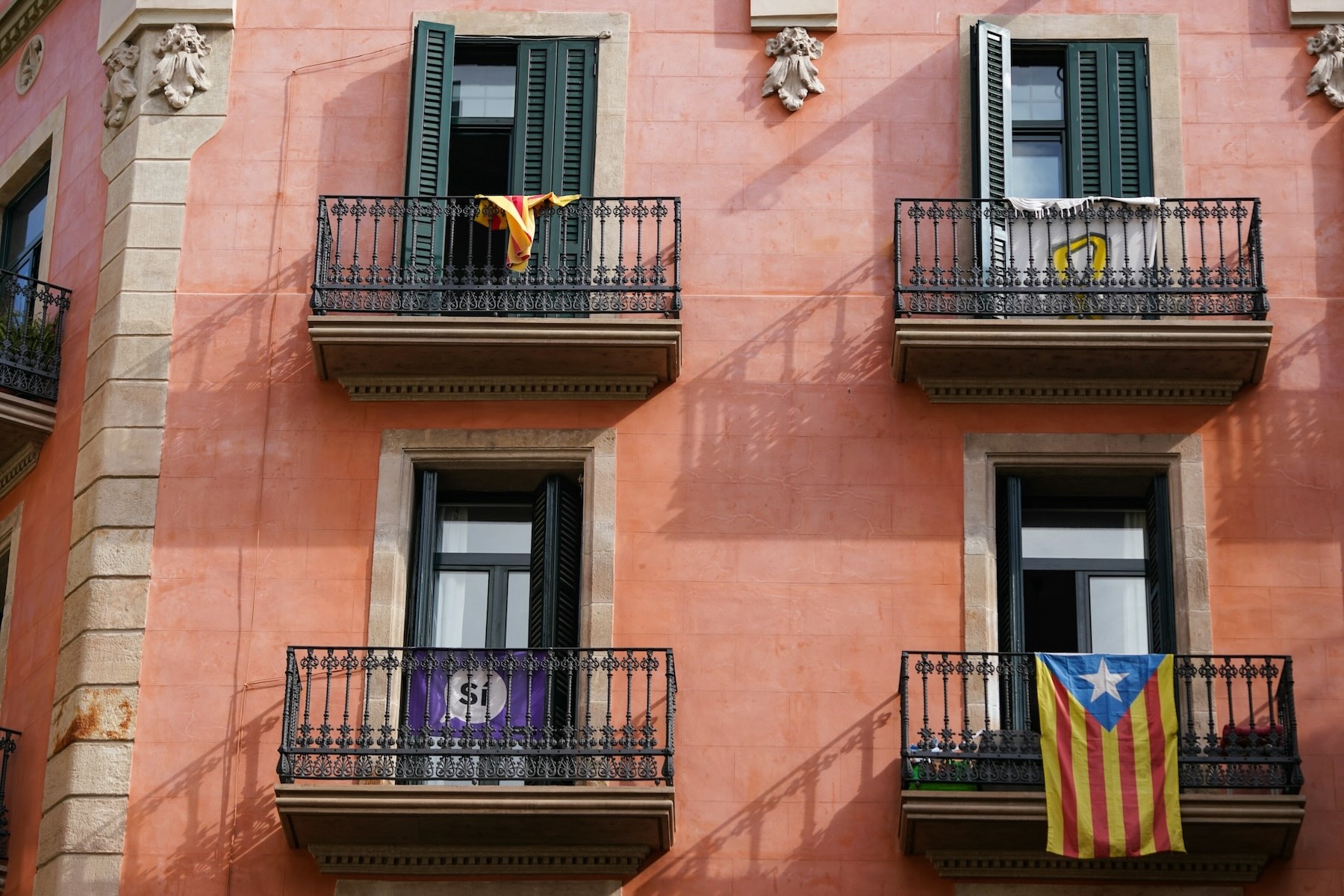
However, if you move to a different Spanish municipality, you will need to re-register at your new town or city hall. You won’t need to worry about de-registering from your old municipal list; this happens automatically when you register in a new place.
If you leave Spain permanently to live in another country, you will need to contact your local authority in Spain and ask them to deregister you from the padrón.
Useful resources
- Ministry of the Interior (Ministerio del Interior) – responsible for public security, constitutional rights, and electoral processes in Spain
- Spanish National Institute of Statistics (Instituto Nacional de Estadística – INE) – maintains the national database consisting of all the municipal padrón data
- Search for your local town hall (Ayuntamiento) in Spain
- City of Madrid – official website for Madrid
- City of Barcelona – official website for Barcelona
